Humanitarian Spotlight: Solange Youssef, Lebanon
Meet the Project HOPE triage nurse providing medical surge support for people in need of medical care in Lebanon.
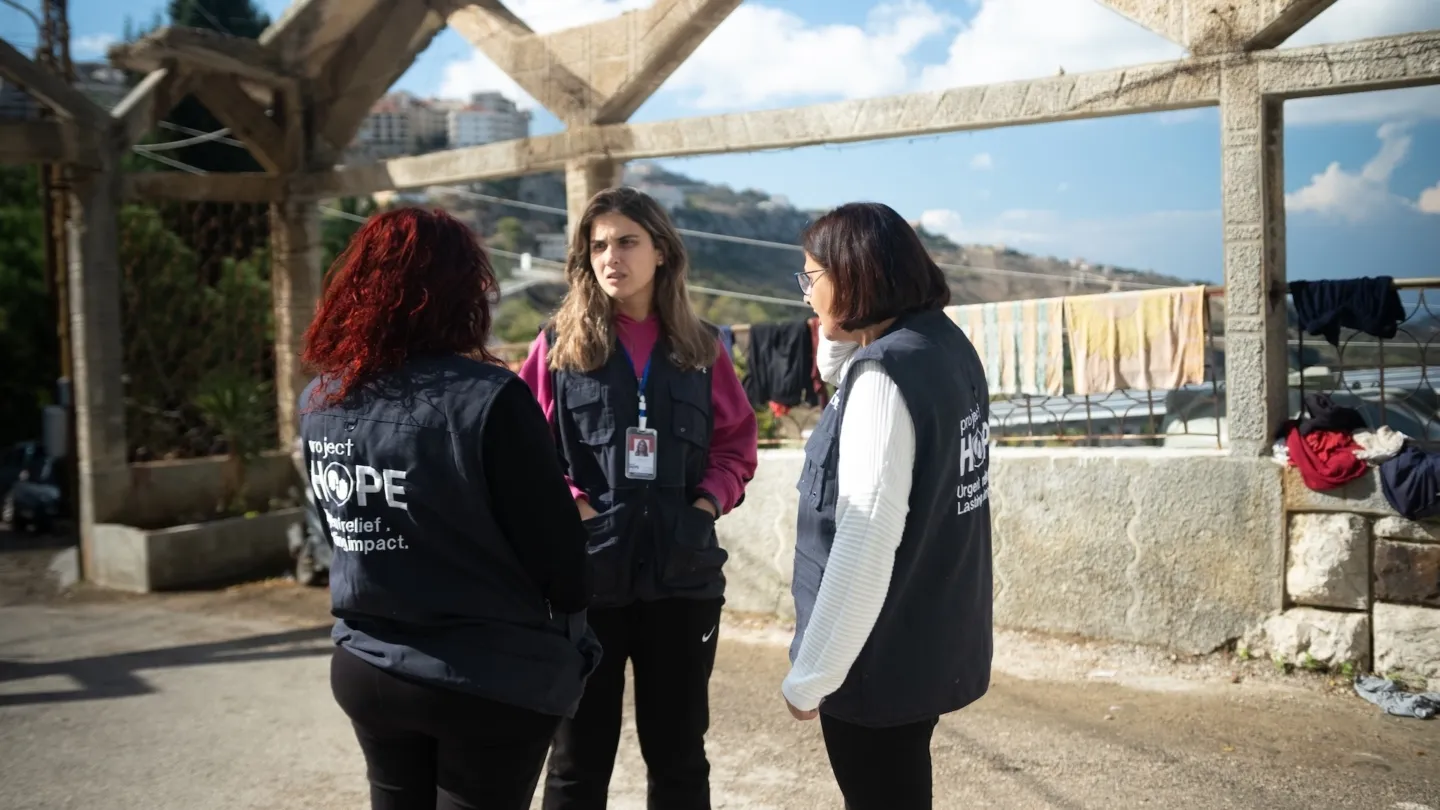
Between October 2023 and September 2024, intensifying conflict between the Israeli military and Hezbollah inside Lebanon led to multiple waves of mass displacement and an urgent humanitarian crisis.
In the town of Ras el-Matn, about 45 minutes from Beirut, Solange Youssef works as a triage nurse as part of Project HOPE’s response to the escalation of conflict. Half her time is spent at a primary health clinic and the other half is spent going door-to-door paying home visits with the Ministry of Health. At the clinic, she receives patients, records their medical histories, and notes which doctor they need to see. In homes, she provides screenings, vaccinations, mental health support, and referrals to families forcibly displaced by the crisis.
“The most prominent illnesses we’re seeing are chronic ones that have gotten to a point where they can’t be treated… especially for things that can’t be cured with one medication,” Solange says.
Solange’s own home has become a place of refuge for others — “a kind of refugee center,” as she describes it. She has welcomed two displaced families into her home, taking on the additional responsibility and expense to care for them.
“Even before the war, Lebanon was in a crisis,” she says. “We were kind of able to control the crisis [before the war], but now it’s worsened.”
Entire villages have been decimated. In others, critical infrastructure has been destroyed, and pre-existing vulnerabilities have been exacerbated — including dire shortages of medications, medical equipment, and health workers. Many households are without work, income has diminished, and expenses have increased.
“Due to the economic crisis we’ve fallen into, we no longer have insurance coverage from the Ministry,” Solange says, “so most people no longer care for their health. They’ll be on their last legs before going to the hospital.”
Even before the war, Lebanon was in a crisis. We were kind of able to control the crisis [before the war], but now it’s worsened.
Project HOPE is reaching those most impacted by the conflict with access to critical health services and vital humanitarian aid. We are supporting primary health clinics in the Mount Lebanon region through surge nursing staff like Solange and essential medications to ensure access to comprehensive care for acute, chronic, and maternal health needs. We also operate mobile medical units that average 74 consultations per day.
Solange crosses paths with new patients every day. One encounter that has deeply impacted her was with a family whose father passed away, and the grandmother and grandfather were the ones taking care of the kids.
“Their mom left the country and left them behind,” she says. “Imagine a 70-year-old grandmother and 80-year-old grandfather taking care of three children — the oldest of which is 10 years old. These kinds of situations come up a lot, and they affect me.”
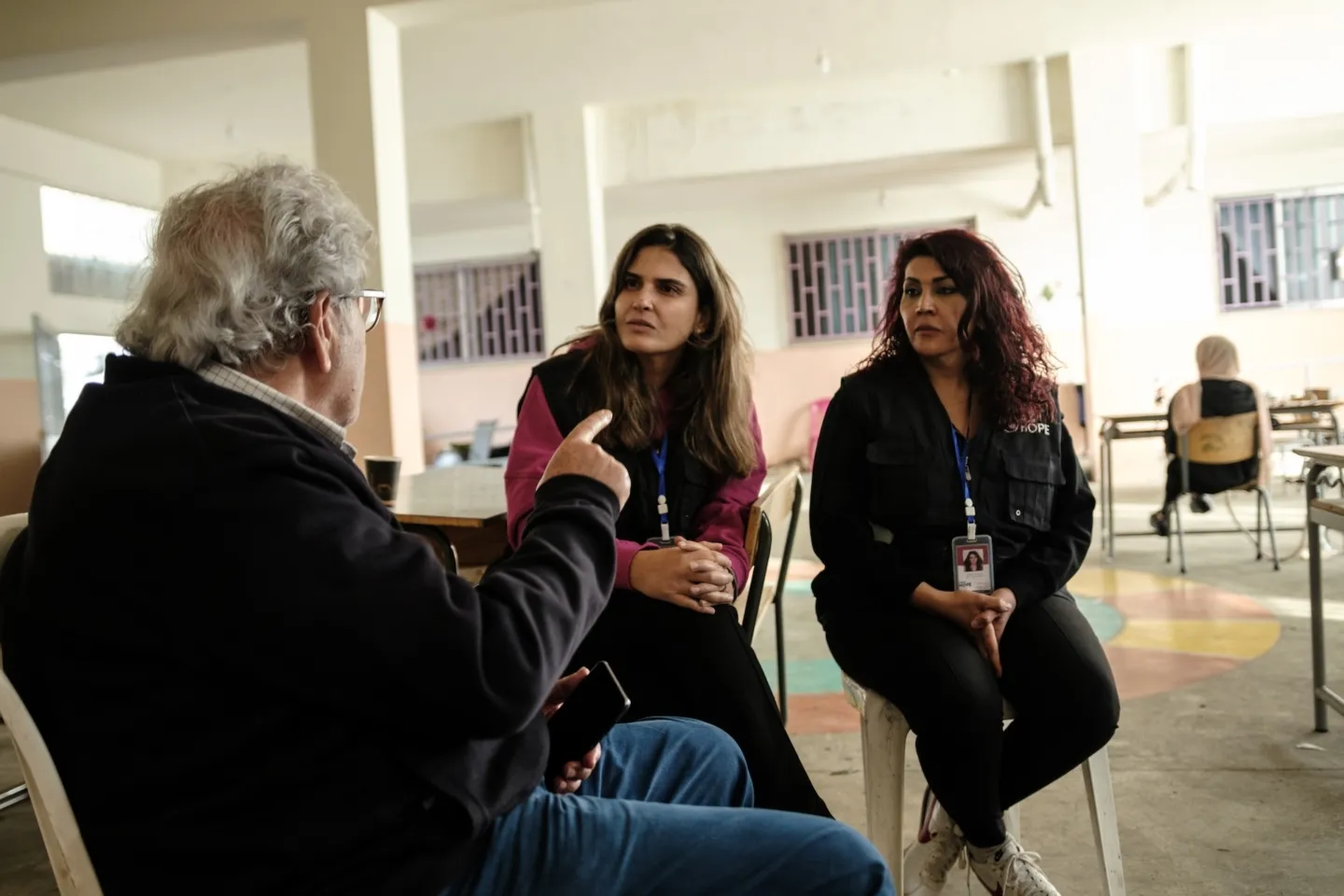
Despite the ceasefire agreement in November, tens of thousands of people remain displaced, tensions remain high, and people continue to feel unsafe.
“While people say there is a ‘ceasefire’ in the South, there is still fighting happening,” Solange says. “We’re listening to shelling… there are strikes still. There is no safety.”
As communities attempt to recover amid ongoing instability, Project HOPE will continue delivering essential items, strengthening the capacity of mental health providers, and improving access to health care across Lebanon.
Through the challenges, the community remains united in solidarity, Solange says, holding onto hope for a peaceful return to stability. Despite the uncertainty and danger, the past year has been one where everyone has looked out for one another.
“I just want there to be peace in the country,” she says. “Little by little. We are people who love life.”
“I want there to be peace in the country. ”
— Solange Youssef, Triage Nurse, LebanonRelated Articles
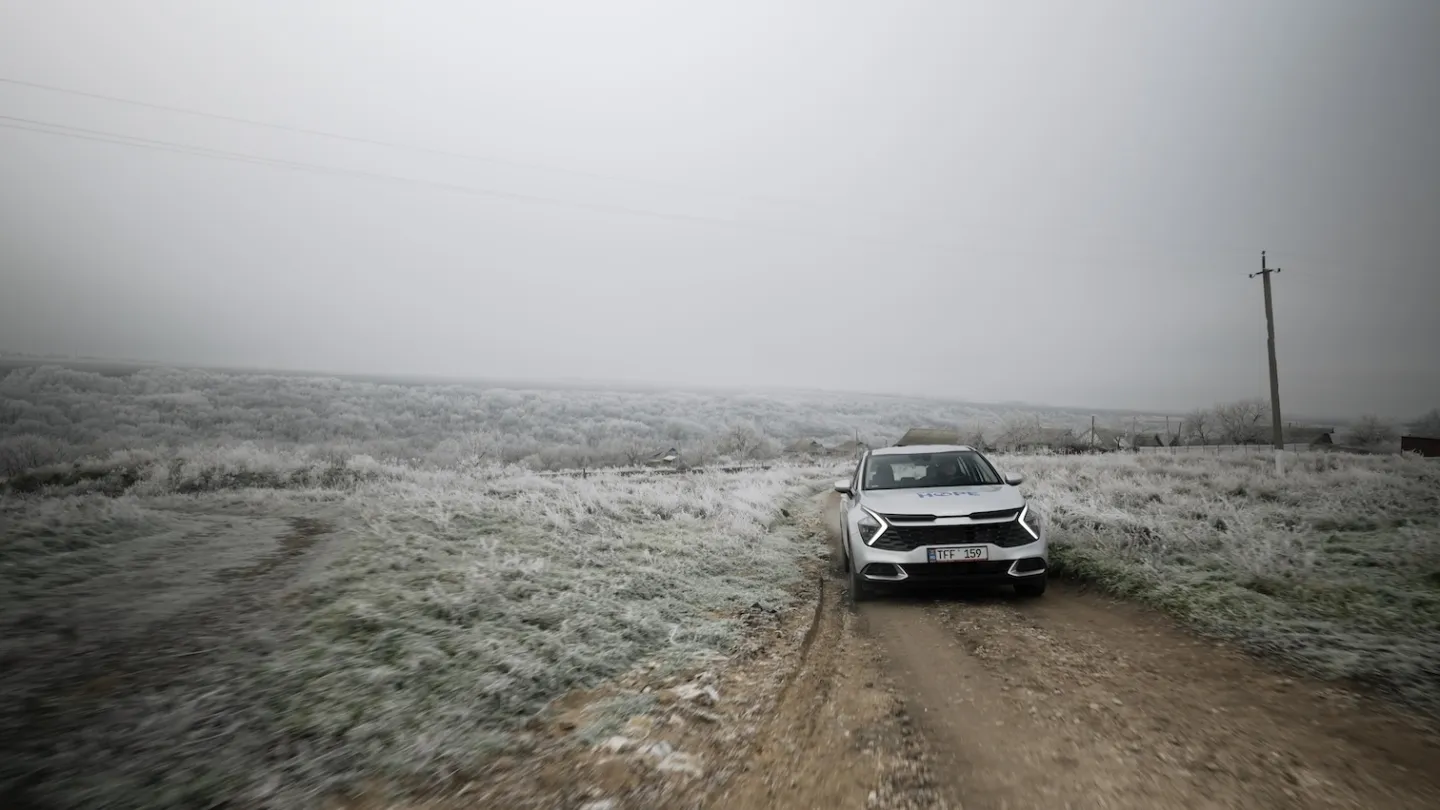
What is a Mobile Medical Unit?
02.10.2026
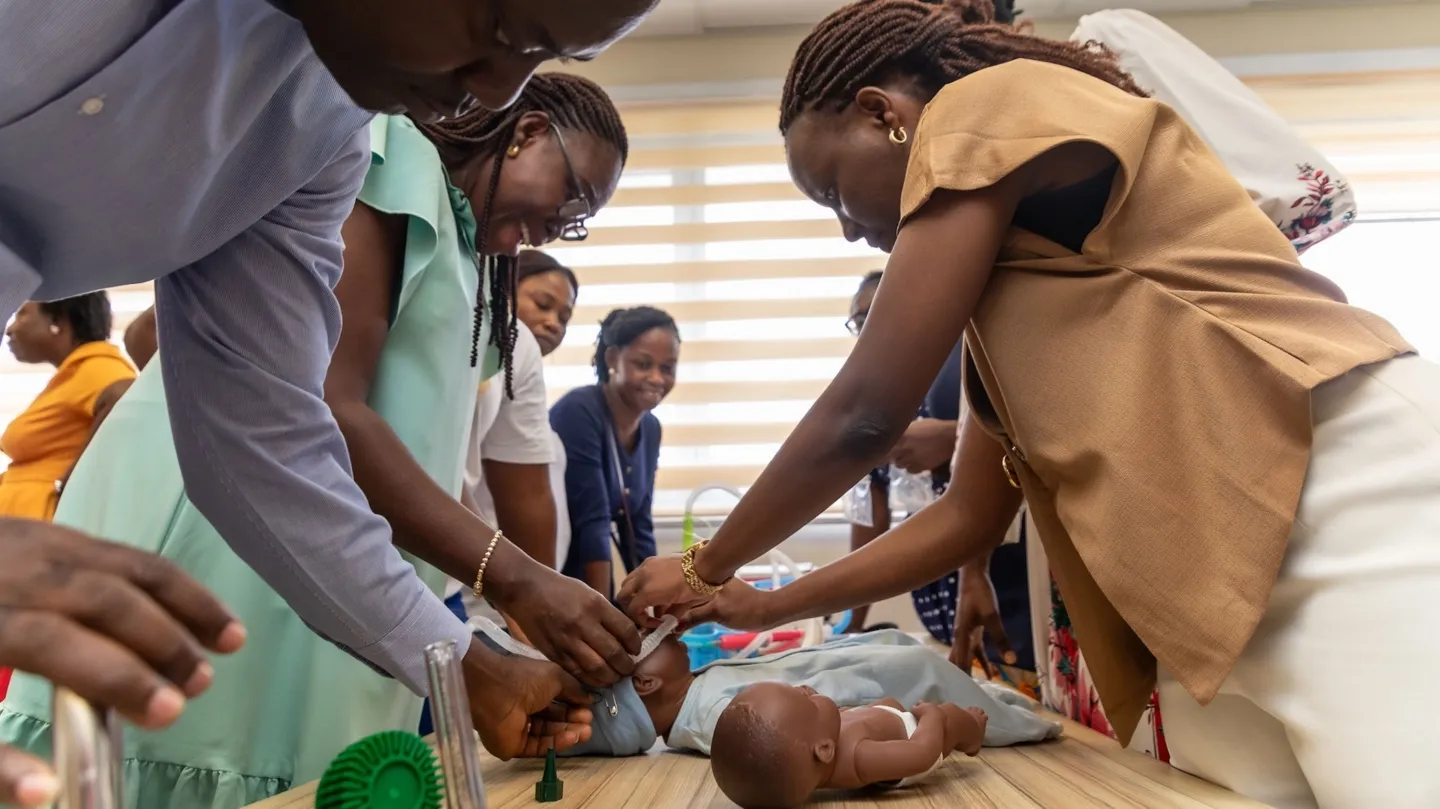
The Tiny Machine That Helps a Baby Breathe
02.03.2026
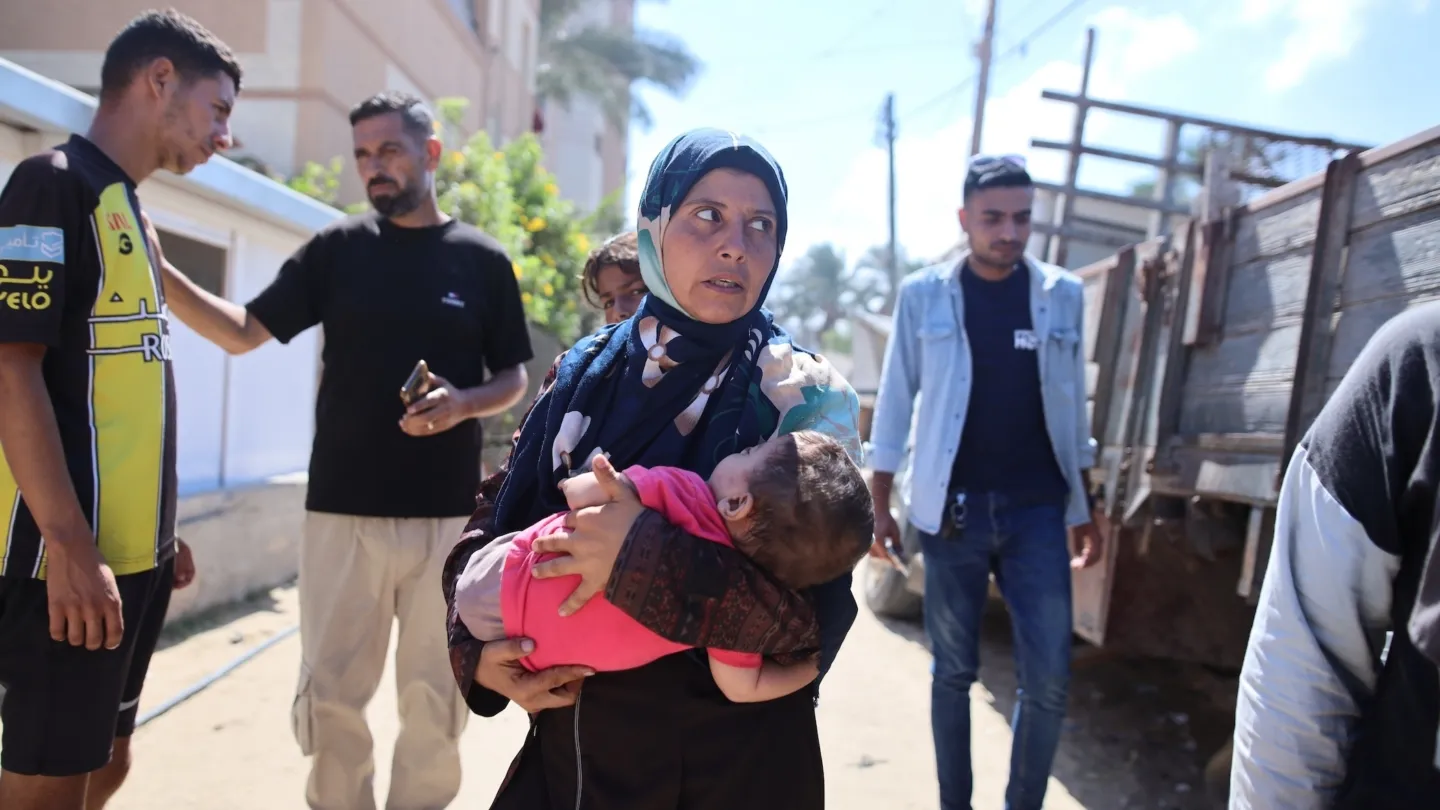
Humanitarian Crisis in Gaza: How To Help
02.02.2026
